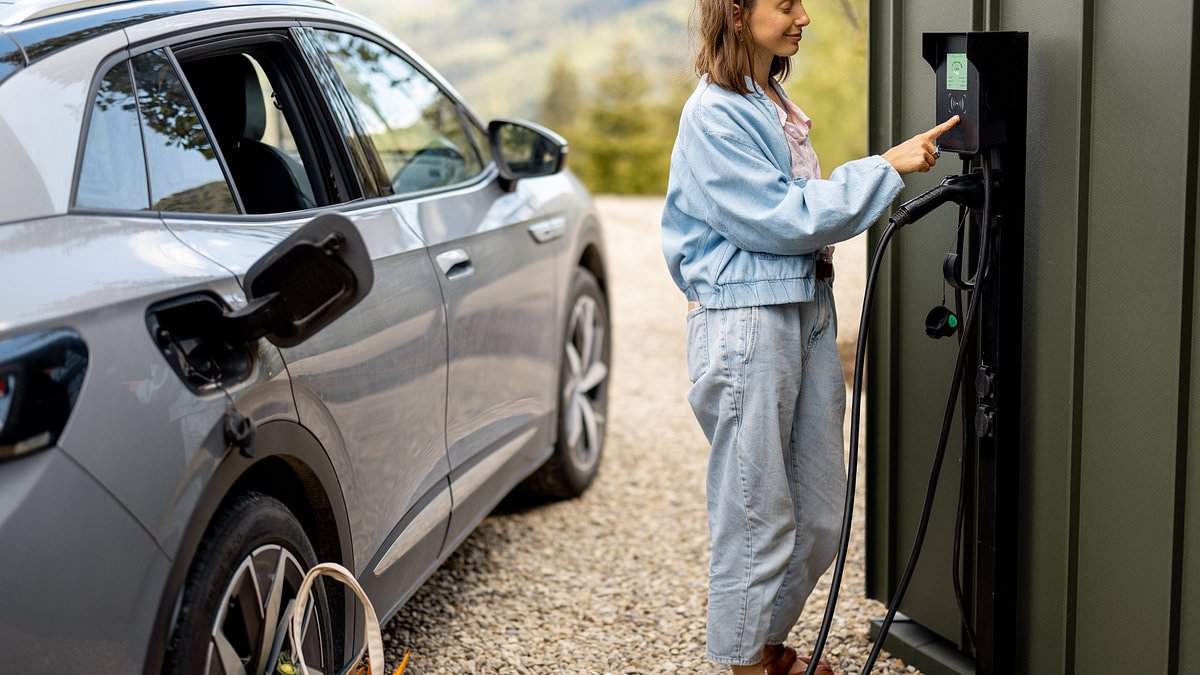Lying rag using a misleading title to push a false narrative.
EVs have been declared dead on a weekly basis for the last decade. And yet somehow they keep taking up more and more of the market. It’s almost like these assholes are less interested in reporting a trend than in creating one.
Sales dropping after a massive surge is to be expected. This is like predicting doom and gloom for the snowblower market as sales plummet going into summer.
Trump killed EV incentives. Without government support it is hard to sell electric cars.
The loss of tax credits makes it harder, obviously. But the price floor for EVs has been gradually coming down over the years, while car prices in general have been going up. Given the reduced maintenance costs and tremendous savings on fuel, EVs are still a smart option in the long run for a lot of people.
The price of EVs have been coming down because the government has been footing the bill. Not just with incentives, but also with government funded R&D. Trump basically killed all of that.
The price has been coming down because the scale of production has been going up, the supply chains have been developing, and because they are being designed to be cheaper instead of being luxury toys for early adopters. Hell, there are engineering teams who are working exclusively on ways to lower the production costs.
And the R&D has not stopped. Billions are being poured into battery technology because everyone wants to be the one that gets the next big breakthrough. We’re not just talking about lab work either, manufacturing processes are being developed and refined to bring new technologies to market. None of that is stopping, especially since improvements in battery technology have applications far beyond EVs.
Yeah, I think what would be interesting to see is percentage of sales between ICE and EVs month over month.
I figure EVs keep eating up a greater and greater percentage over time, but it’d be interesting to see the breakdown.
By design. Evs are incredibly expensive and without the rebates, even more so.
More upfront cost, but that line is narrowing more and more over time. Couple it with much lower operating expenses and much less maintenance required, it cancels out the higher cost.
We started shopping for an EV about a month before the rebate expired and ended up getting a used one that wouldn’t have qualified for the rebate a couple weeks after the deadline. It was pretty clear to us that most used EVs that qualified were snapped up in the preceding weeks. As far as new EVs, we saw a moderate price drop after the rebates. Not quite enough to cover the lost rebates but it was clear manufacturers were trying to compensate.
All this to say I suspect the rebate expiration led to a bunch of used EV sales eating into new EV sales and I don’t see a huge price difference on new EVs post-rebate. EVs are a little pricier than their ICE counterparts but I don’t think the rebate expiration made much of a difference to consumers. Pretty clear manufacturers were the real beneficiaries.


